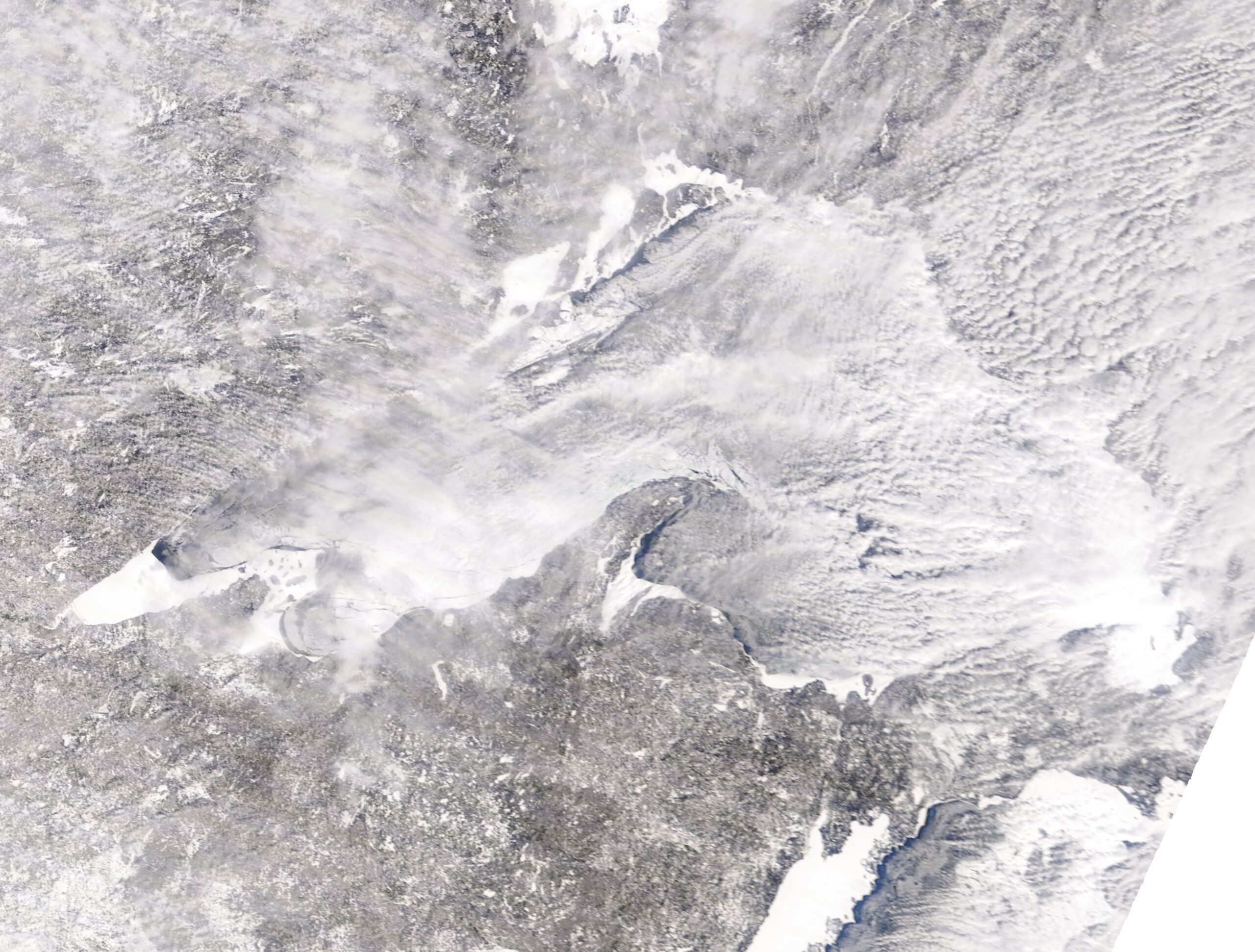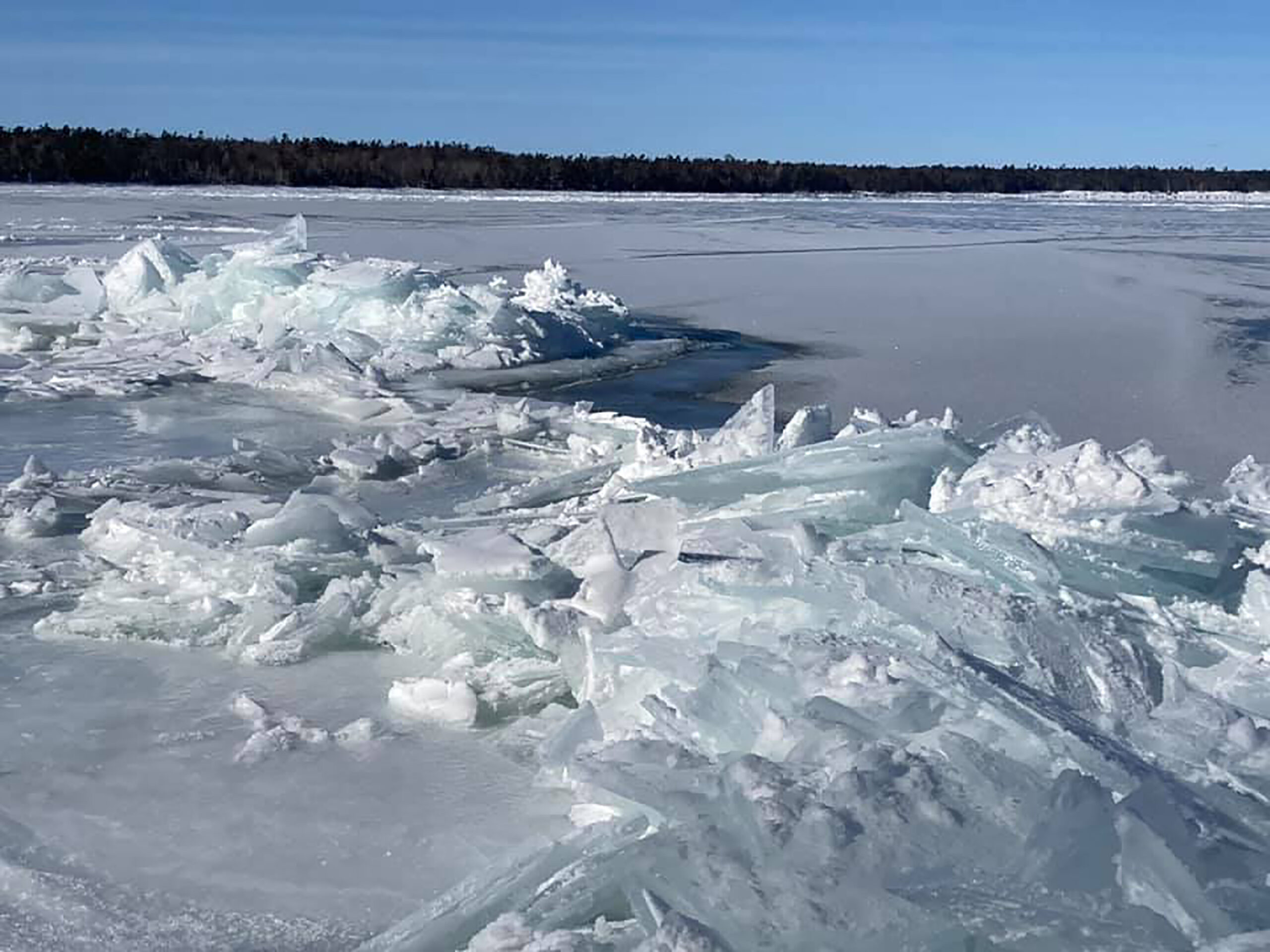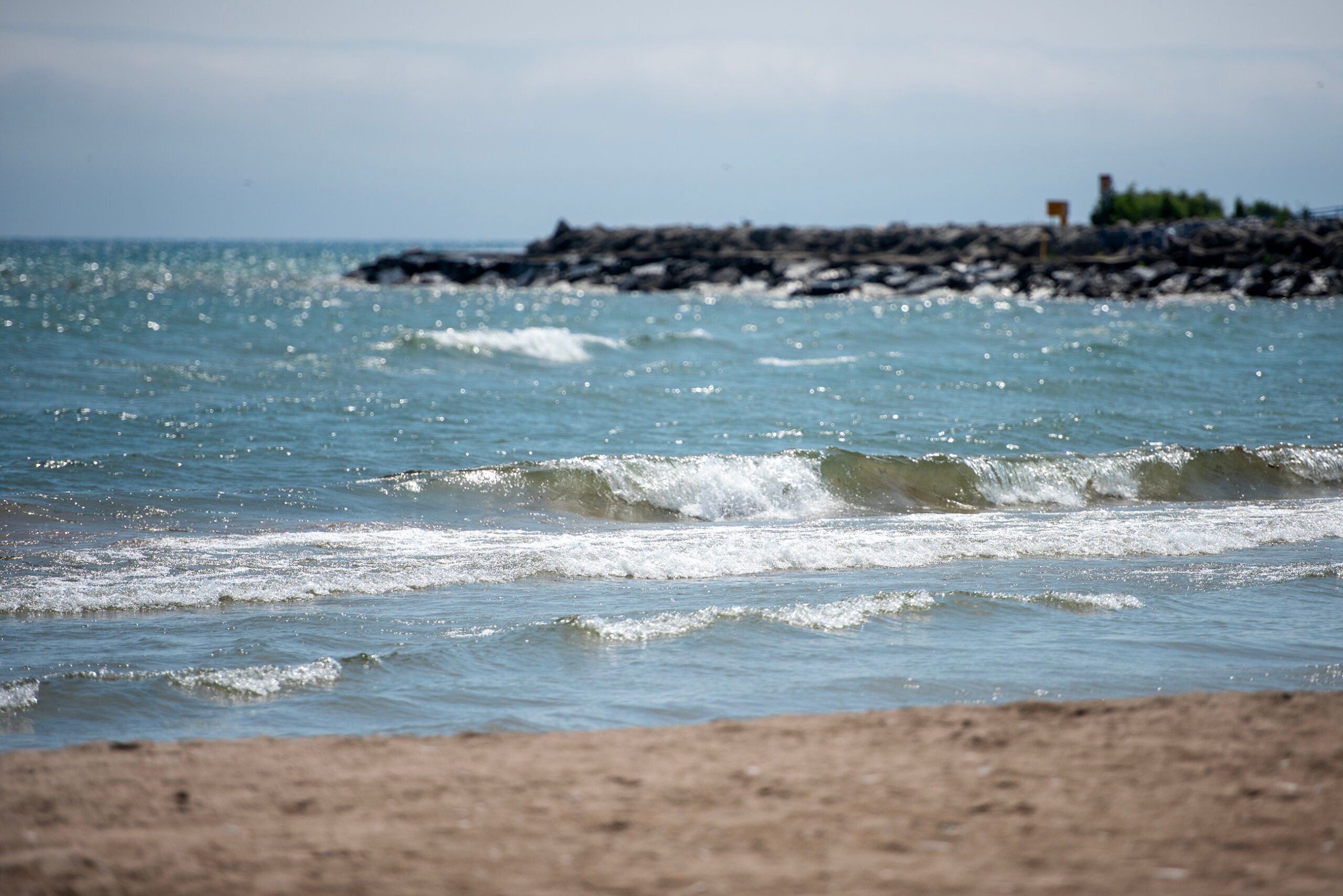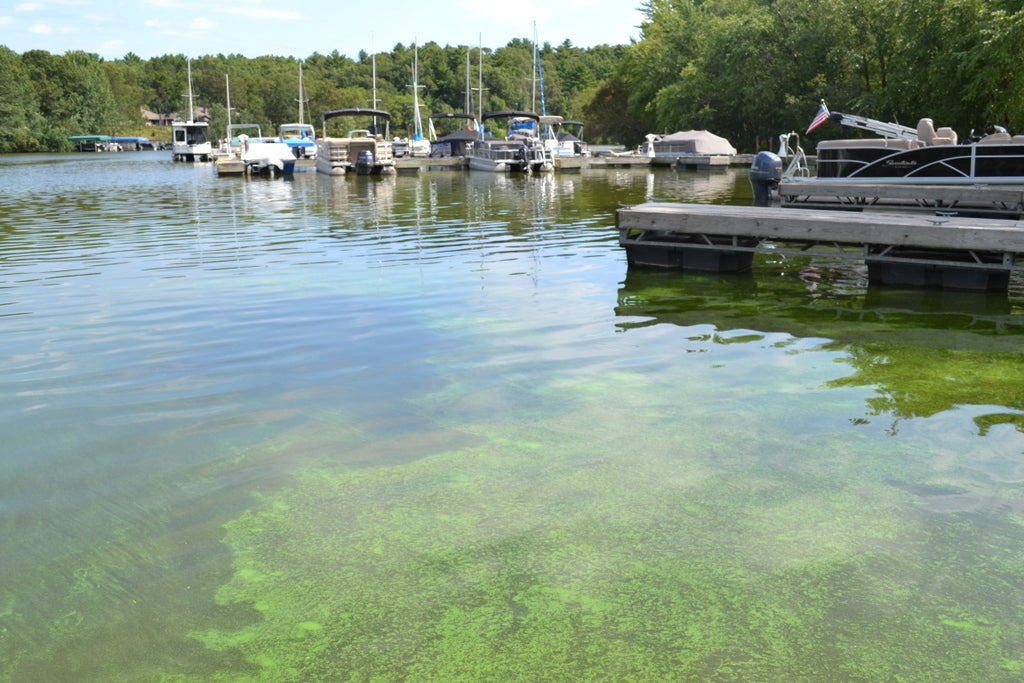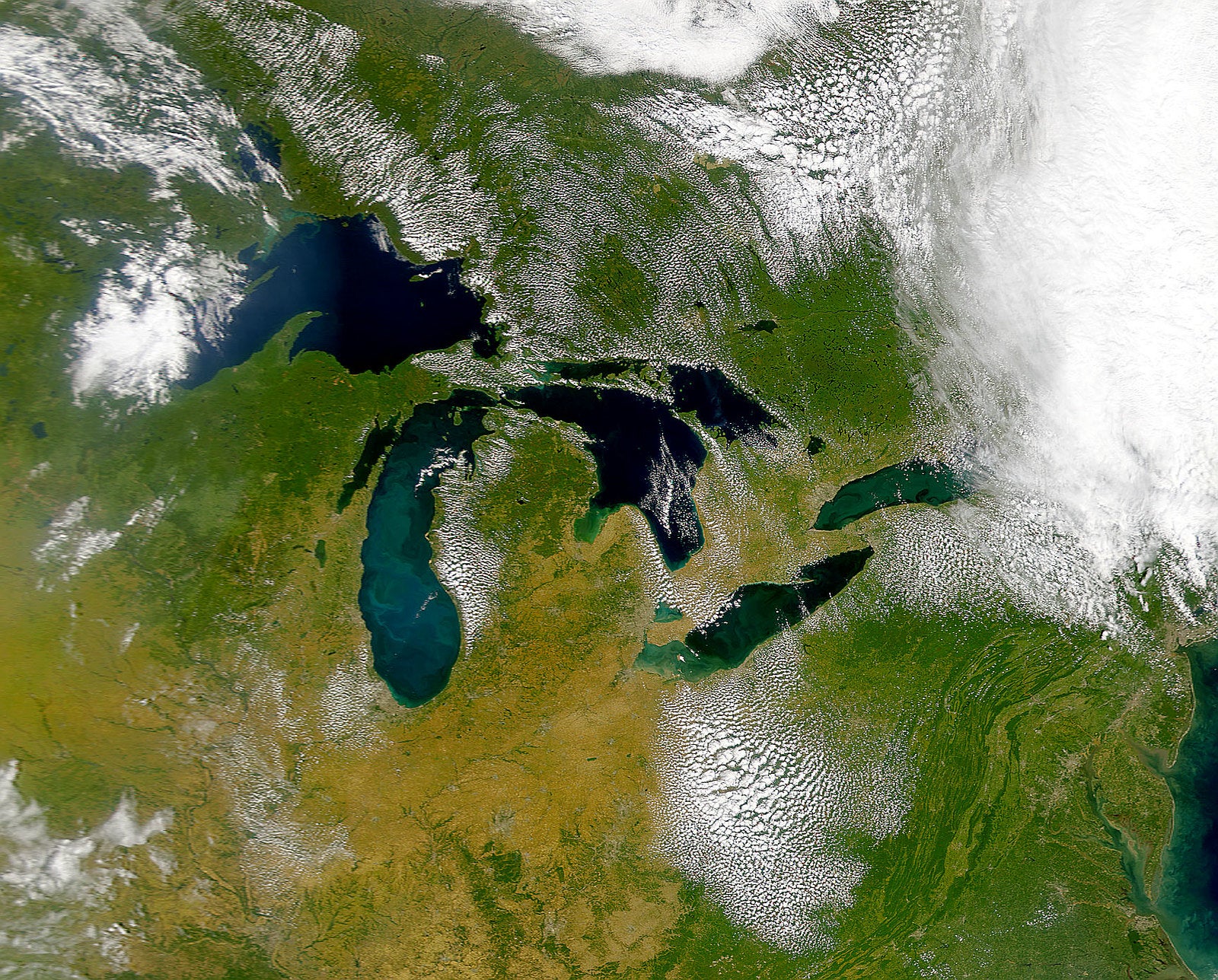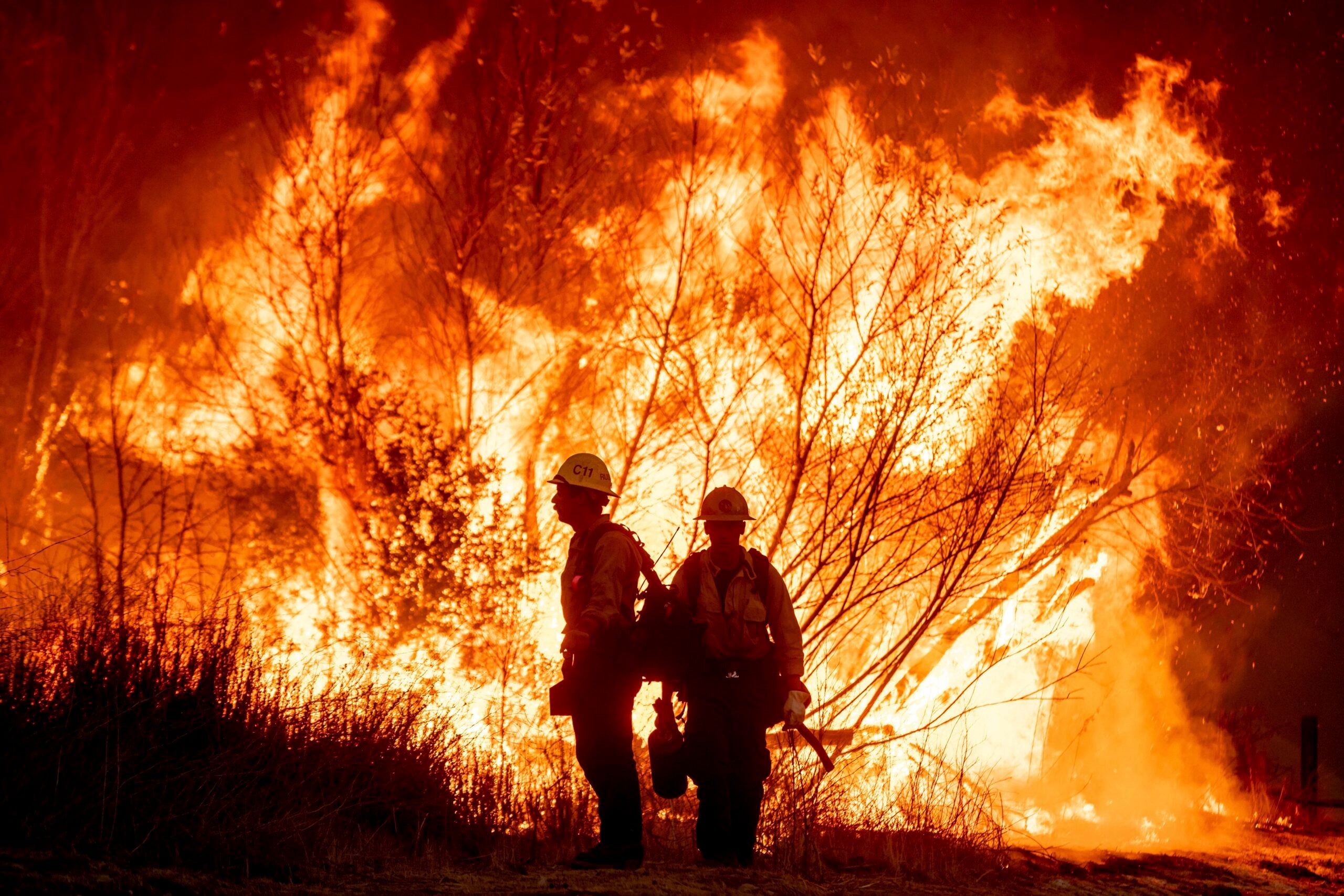The extreme cold this winter helped cover more than 90 percent of Lake Superior in ice this week. The National Oceanic and Atmospheric Administration reports ice cover approached levels not seen in four years.
Lake Superior was around 91 percent covered in ice Monday, said Jia Wang, ice climatologist with the NOAA Great Lakes Environmental Research Laboratory. Ice cover was only expected to be around average, or about 50 percent, this winter.
“We didn’t expect this much ice cover,” Wang said.
News with a little more humanity
WPR’s “Wisconsin Today” newsletter keeps you connected to the state you love without feeling overwhelmed. No paywall. No agenda. No corporate filter.
Last year, maximum ice coverage topped out at 77 percent. Wang noted the polar vortex brought colder temperatures that caused rapid freezing on the lake from late January through February. As of Monday, only the southeastern corner of the lake near Michigan’s Upper Peninsula had open water.
Meteorologist Matt Zika with the National Weather Service in Marquette, Michigan, expects ice cover on the lake may grow over the next couple of days as temperatures remain below freezing.
“We may not get to 100 percent, but definitely probably 95 (percent) to 98 percent ice coverage for Lake Superior is doable for this week,” Zika said.
Zika and Wang agreed ice cover on Lake Superior is likely to reach its peak this week for the winter. However, NOAA forecast models show ice cover decreasing on Lake Superior over the next five days.

Courtesy of NOAA
“The fact that we’re greater than 90 percent basically lays credence to how cold the winter has gone from the mid-point of January through the current time,” Zika said.
Walt Meier, senior research scientist with the National Snow and Ice Data Center in Colorado, said it’s tough for Lake Superior to freeze over completely.
“If you get winds that are coming from offshore from the land over the lake, what’s going to tend to happen is it’s going to push the ice away from the coast, which will open up water there,” Meier said. “If it’s cold enough, that will quickly start refreezing again. It may not stay ice-free for long. If that’s happening in a lot of different places along the coastline, it’s going to tend to break up, especially when it’s thinner ice.”
This winter is only the fifth time in the last 20 years that Lake Superior has surpassed 90 percent ice coverage. In 2014 and 2015, ice covered more than 95 percent of the lake.
The last time Lake Superior froze completely was in 1996.
Wisconsin Public Radio, © Copyright 2025, Board of Regents of the University of Wisconsin System and Wisconsin Educational Communications Board.

